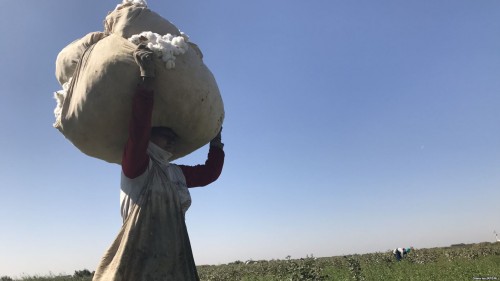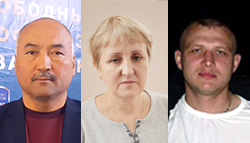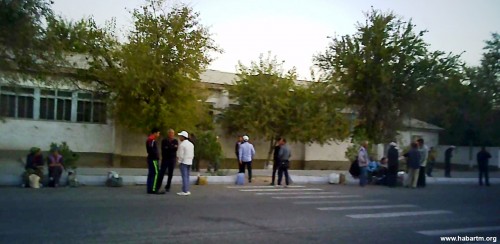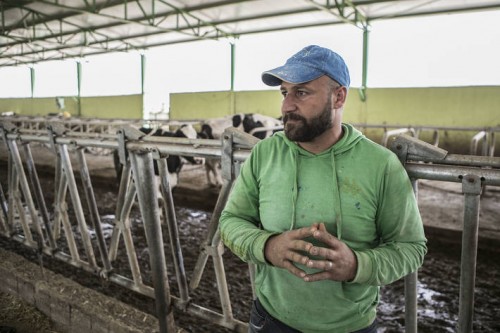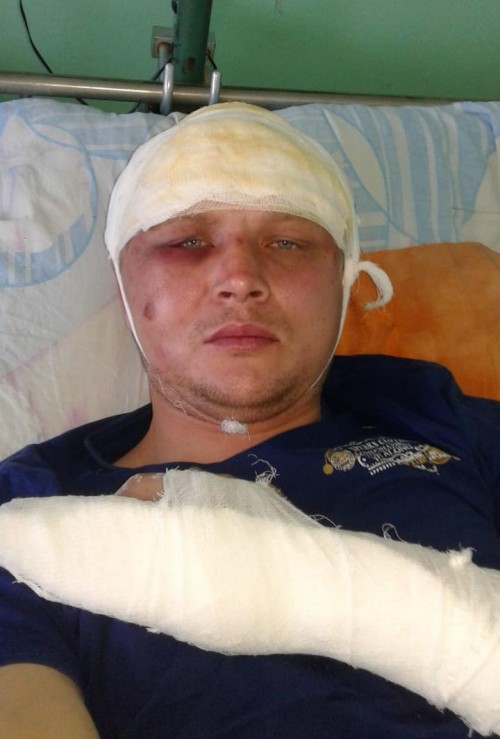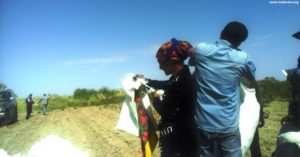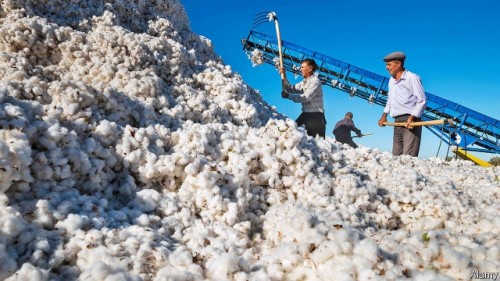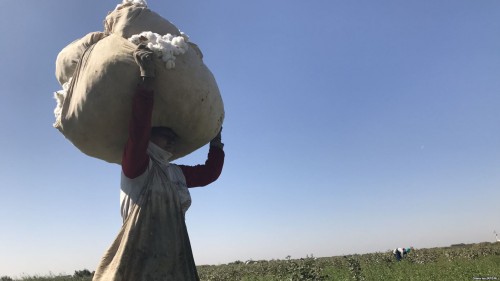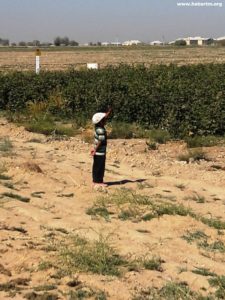Countries
Solidarity campaigns
13 August 2024
Georgia: Support striking workers at Evolution Gaming
5 June 2023
Georgia: Justice for Wolt couriers
10 May 2023
Belarus: Trade union activity is not extremism!
2 November 2019
Kazakhstan: Trade unionist Erlan Baltabay imprisoned - again!
19 November 2018
Kazakhstan: Stop repression and physical attacks on leaders of independent unions; hands off Larisa Kharkova, Erlan Baltabai and Dmitriy Senyavskiy
18 April 2018
MALOKHAT STILL NEEDS YOUR HELP
News
24 November, 2018 / uzbekistan
Campaigners challenge U.N. over forced labor in Uzbekistan's cotton industry
Rights groups on Friday disputed findings by the United Nations showing Uzbekistan has nearly eliminated forced labor from its cotton industry, saying that exploitation is still “systematic”
23 November, 2018 / kazakhstan
Union activists face new repression and attacks in Kazakhstan
Early in November, Dmitry Seniyavskiy, a trade union leader of the local branch of the Fuel and Energy Workers' Union (FEWU) in the Karaganda Region was attacked and brutally beaten by a band of unidentified goons. FEWU leader Erlan Baltabai is under arrest on trumped-up accusations.
16 November, 2018 / turkmenistan
Cotton pickers struggle with low pay, poor crop in southern Turkmenistan
Harvesting by hand remains the norm in the cotton fields of Turkmenistan’s southern Mary region. Despite reports in the state-run media of the widespread use of cotton harvesters, observers for Alternative Turkmenistan News failed to find any evidence of the machines out in the fields. Instead, the observers estimate that some 5,600 public sector workers – teachers, doctors, cleaners and others – are forced to go cotton picking every day in the region. In addition, many workers are taken cotton picking for extended periods of 10 days or a month.
15 November, 2018 / International
Farmers, frontline defenders against antimicrobial resistance
FAO marks World Antibiotic Awareness Week by calling on farmers to boost farm hygieneFarmers have a vital role to play in stemming the spread of antimicrobial resistance among disease-causing pathogens, and can make a significant contribution simply by adopting good hygiene practices during their day-to-day farm operations.
14 November, 2018 / kazakhstan
Kazakhstan: Attack on Trade Union Leader
Dmitry Senyavskii, leader of the Karaganda region industrial-tier fuel and energy trade union, was hospitalized. His injuries prevented him from meeting with a visiting international trade union delegation in the capital, Astana, three days later. Kazakh authorities initiated an investigation under the offense of “hooliganism,” but they should also examine the possibility that he was targeted because of his union activism.
10 November, 2018 / turkmenistan
Forced labor remains the norm in Turkmenistan’s cotton fields
Thousands of people in Turkmenistan are again being forced to pick cotton. The autumn harvest began, however, on a positive note, with the authorities taking steps to ensure that classes of schoolchildren are not sent to the fields. Some cotton pickers in the remote north of the country even received increased rates for their work early in the season, but this soon came to an end when forced laborers were brought in
10 November, 2018 / uzbekistan
Uzbekistan tries to end the use of forced labour in the cotton fields
In some ways, there is nothing surprising about the videos that have been doing the rounds on social media in Uzbekistan. In one, farmers and local officials in a district near Tashkent, the capital, were made to stand in a watery ditch, heads bowed, to show contrition for failing to irrigate wheat fields properly. In another, officials were made to heave heavy clods of clay into the air repeatedly as punishment for allowing such impediments to farming to accumulate on land they are in charge of. Such ritual humiliation is rife in Uzbekistan, where nearly three decades of dictatorship under Islam Karimov, the strongman who died in 2016, bred a culture of bullying and subservience.
31 October, 2018 / uzbekistan
Journalist Detained for Exposing Hokim Ordering Teachers and Doctors to Pick Cotton
On the evening of October 25, the journalist found out that the hokim of the Kushkupir district was holding a meeting with the principals of schools and kindergartens and heads of rural medical institutions to discuss the mobilization of their employees to pick cotton. Ruzmetov immediately went to the hokimiyat and recorded the meeting on his mobile phone. When the hokim noticed the journalist’s presence, he interrupted the meeting.
29 October, 2018 / turkmenistan
Teachers in Turkmenistan forced to pick cotton during fall break
Teachers in Turkmenistan’s second largest city, Turkmenabat, are having to spend their fall break picking cotton. Schools closed on October 21st for the whole nine-day break for the first time in 15 years, and teachers and maintenance staff are having to work in the cotton fields every day.
23 October, 2018 / kyrgyzstan

